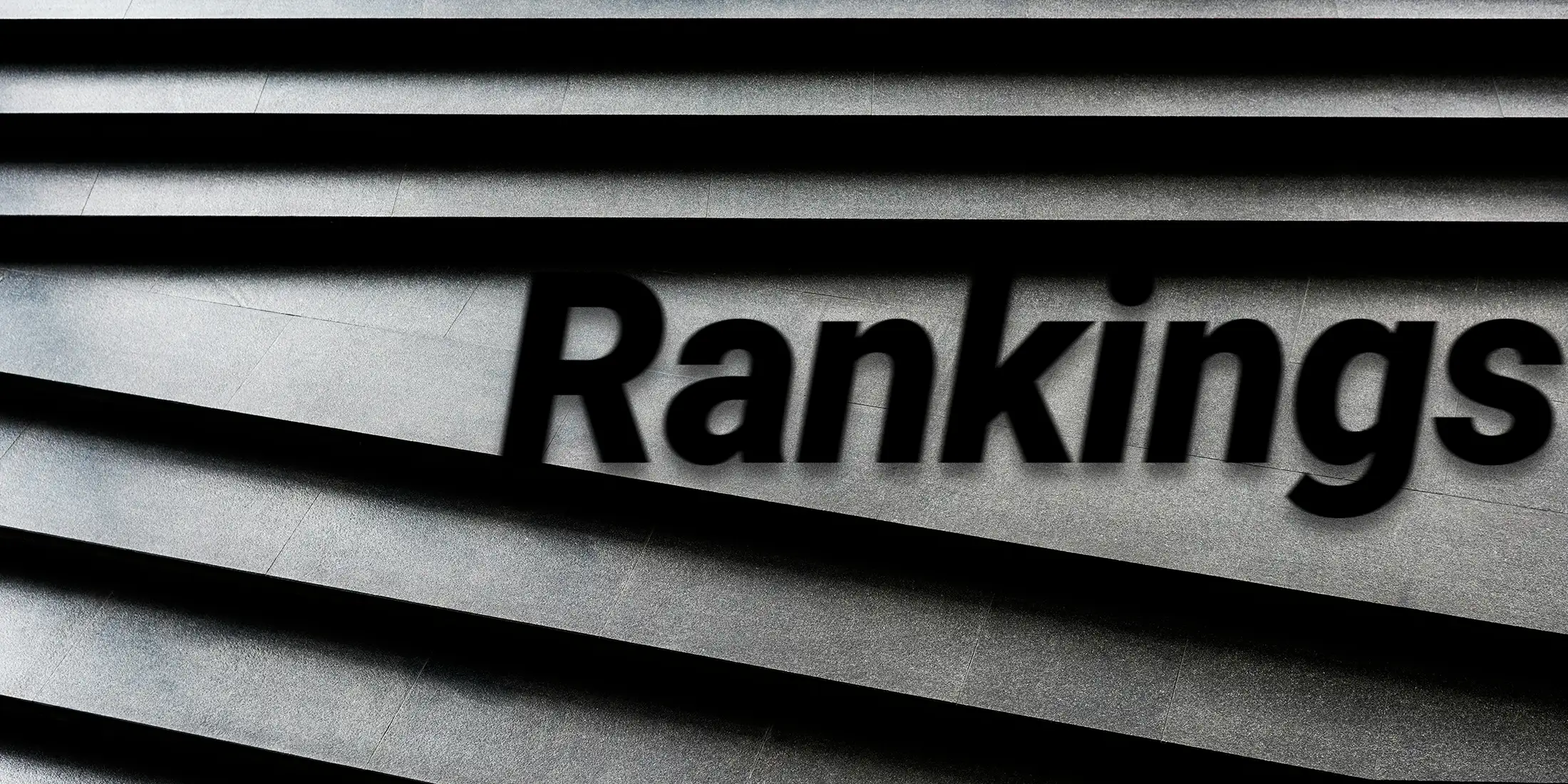As many people have no doubt seen, Yale Law School will no longer participate in the U.S. News Law School Rankings. Update: Harvard Law has reportedly also withdrawn from the U.S. News rankings.
That doesn't mean that Yale will no longer be ranked. U.S. News' formula is mostly derived from information that is either publicly accessible (via 509 reports, bar passage/employment data from the ABA, etc.) or comes from their own reputational surveys. U.S. News (who for law school rankings has long been the only major player in the rankings game, as opposed to business schools where the rankings sources are much more diffuse) does not need Yale for any of that. In fact, only about 10-14% of the data U.S. News uses cannot be obtained in other ways.
This is not the first time a school has not reported data to U.S. News. It happens every year. If U.S. News does what it normally does for schools that don't report information, they will impute values for Yale's data that they cannot get elsewhere—e.g., they will use a placeholder value for Yale's expenditures data, which is really the most important piece of information Yale can withhold from them.
Yale will still be very highly ranked by U.S. News. We can't say exactly how highly, because that will depend on what decisions U.S. News makes about placeholder data for them. But they very well could still be ranked 1.
The big question is whether other schools will join Yale. Many law schools' leadership justifiably dislike the rankings. They've been subjected to very valid criticism. Consider the fact that U.S. News factors in metrics on student debt that reward schools for their students taking out fewer loans—and yet, they also have an expenditures metric that rewards schools for spending more money. We're not sure why U.S. News doesn't see just how incoherent that is. There are other methodological flaws that U.S. News has long ignored. Consider the recent incidents showing that not all data reported to U.S. News is truthful. It's also become unfortunately clear that U.S. News does, or seemingly does, absolutely nothing to validate data reported to it—there are no checks, no audits.
Law deans would love to see the rankings gone, but the first-mover problem is very real. Yale has solved that for them. If enough schools stop cooperating with U.S. News and refuse to submit data to them, the rankings lose a lot of their perceived validity. U.S. News can and probably will continue to rank law schools. After all, other rankings exist that don't depend on schools cooperating with the ranker (we even have our own free rankings site through which you get to decide what factors matter to you and how much—MyRank, which you can utilize here). But would anyone take them seriously if half of the T14 didn't participate? Will people see value in rankings that the schools themselves disclaim? That's the real threat to U.S. News here. The U.S. News rankings have never been weaker and under more pressure, so if there was ever a time for schools to take action, this is it.
Assuming that enough law schools stop cooperating with U.S. News to diminish their perceived value, the question becomes: what next? U.S. News has been a part of the law school ecosystem for a very long time.
For example, one of Yale's criticisms of the rankings is that it rewards schools for essentially buying high median LSAT and GPA stats with large merit scholarships. That is 100% true. Our question is whether the alternative is better. Yale seems to believe that if the money weren't being spent on merit aid, it would flow to need-based aid. Would it? Some, probably. But without the external pressure of the rankings reward, might schools pare back on their aid budget altogether? Balancing your budget becomes a lot easier when you aren't pushing out millions in aid. And many law schools could fill much or all of their class with students happy to pay sticker price.
On the other hand, the U.S. News rankings put tremendous pressure on law schools to spend more money. Law schools are directly and quite literally rewarded in the rankings for spending more, and other metrics reward spending indirectly. Perhaps without the pressure of U.S. News considerations, law schools won't need to spend as much, and tuition prices can return to sane levels.
Without ranking considerations, we expect that law school admissions would become much less predictable. Because of the current rankings incentives to have a high incoming LSATs and GPAs, admissions is highly numbers-influenced. If schools don't have to worry about the rankings, there is less reason for them to obsess over their incoming LSAT and GPA, and more room for holistic evaluation. Schools will still want academically qualified applicants, of course. But an LSAT one point below median might be less of a problem for someone targeting a school than it is right now.
The rankings have been part of the system for so long that it's hard to imagine a world without them. Everything wouldn't change overnight, but things would change, probably in ways we can't predict. As things stand, we think there would be more good than harm coming from schools no longer participating in U.S. News. We'll see what happens.


.png)





